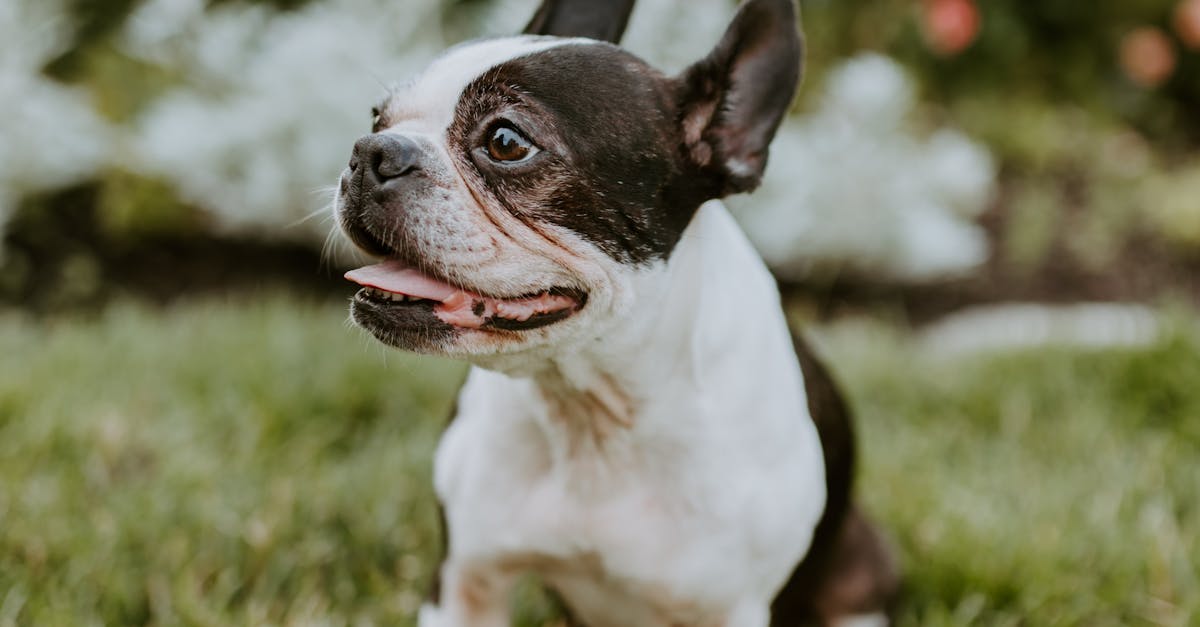Few things are more alarming for a dog owner than seeing their beloved pet suddenly fall ill. Canine parvovirus, often referred to as "parvo," is one of the most serious and contagious illnesses that can affect dogs, particularly puppies. Understanding what this virus is, how to recognize it, and what to do next can make all the difference for your furry companion.
⚠️ What to Watch For
Canine parvovirus primarily targets a dog’s gastrointestinal system, but in severe cases, it can affect the heart or other organs. It spreads rapidly, especially in unvaccinated dogs, so early detection is critical. Here are the most common symptoms of parvo to look out for:
- Severe, bloody diarrhea
- Vomiting
- Lethargy and weakness
- Loss of appetite
- Fever or low body temperature (hypothermia)
- Dehydration (e.g., dry gums, skin tenting)
If your dog exhibits one or more of these symptoms, especially if they’re a puppy or unvaccinated, it’s important to take action quickly. Parvo can escalate rapidly, becoming life-threatening in a matter of days.
🔍 Possible Causes
Parvovirus is caused by a highly contagious virus that spreads through direct contact with an infected dog or contaminated surfaces. The virus can survive in the environment (e.g., soil, kennels, clothing, or food bowls) for months, making it tough to eliminate. Dogs become infected by ingesting the virus, often from feces or contaminated objects.
Some dogs are at a higher risk of contracting parvo, including:
- Puppies under six months old, especially those under 12 weeks
- Unvaccinated or incompletely vaccinated dogs
- Certain breeds with increased susceptibility, such as Rottweilers, Doberman Pinschers, and Labrador Retrievers
Vaccination is your dog’s best defense against this highly contagious virus.
✅ What You Can Do at Home
If you suspect your dog may have parvo, there are a few steps you can take immediately while arranging for veterinary care:
- Isolate your dog from other pets to prevent the spread of the virus.
- Keep them hydrated by offering small amounts of water frequently, but do not force them to drink if they’re vomiting.
- Monitor their symptoms closely, especially for signs of worsening dehydration or weakness.
- Disinfect any surfaces or objects they’ve come into contact with using a bleach solution (1 part bleach to 32 parts water).
While these measures can help manage symptoms temporarily, parvo requires professional veterinary treatment for the best chance of survival.
💡 When to Call a Vet
Parvo is a medical emergency. If your dog is showing symptoms, contact a veterinarian immediately. The sooner your dog receives treatment, the better their chances of recovery.
Veterinary care for parvo typically includes:
- Hospitalization for intensive care
- Intravenous fluids to combat dehydration
- Medications to control vomiting and diarrhea
- Antibiotics to prevent secondary infections
- Close monitoring of vital signs
Survival rates for dogs receiving prompt and aggressive treatment range from 68% to 92%, according to the American Veterinary Medical Association (source). Puppies and dogs that are treated early have the best chance of making a full recovery.
FAQs
Q: Can adult dogs get parvo?
A: Yes, adult dogs can get parvo, especially if they are unvaccinated or have a weakened immune system. However, puppies under six months are at the highest risk.
Q: How can I prevent parvo in my dog?
A: Vaccination is the most effective way to prevent parvo. Puppies should receive their first parvo vaccine at 6–8 weeks of age, with boosters every 3–4 weeks until they are at least 16 weeks old. Adult dogs should receive regular booster vaccines as recommended by your vet.
Q: Is parvo contagious to humans or other pets?
A: Parvo does not infect humans, but it can spread to other dogs. While cats have their own strain of parvovirus, it is not the same as canine parvo.
Book a $49 online vet consultation at https://www.dialavet.com for fast, expert advice.























